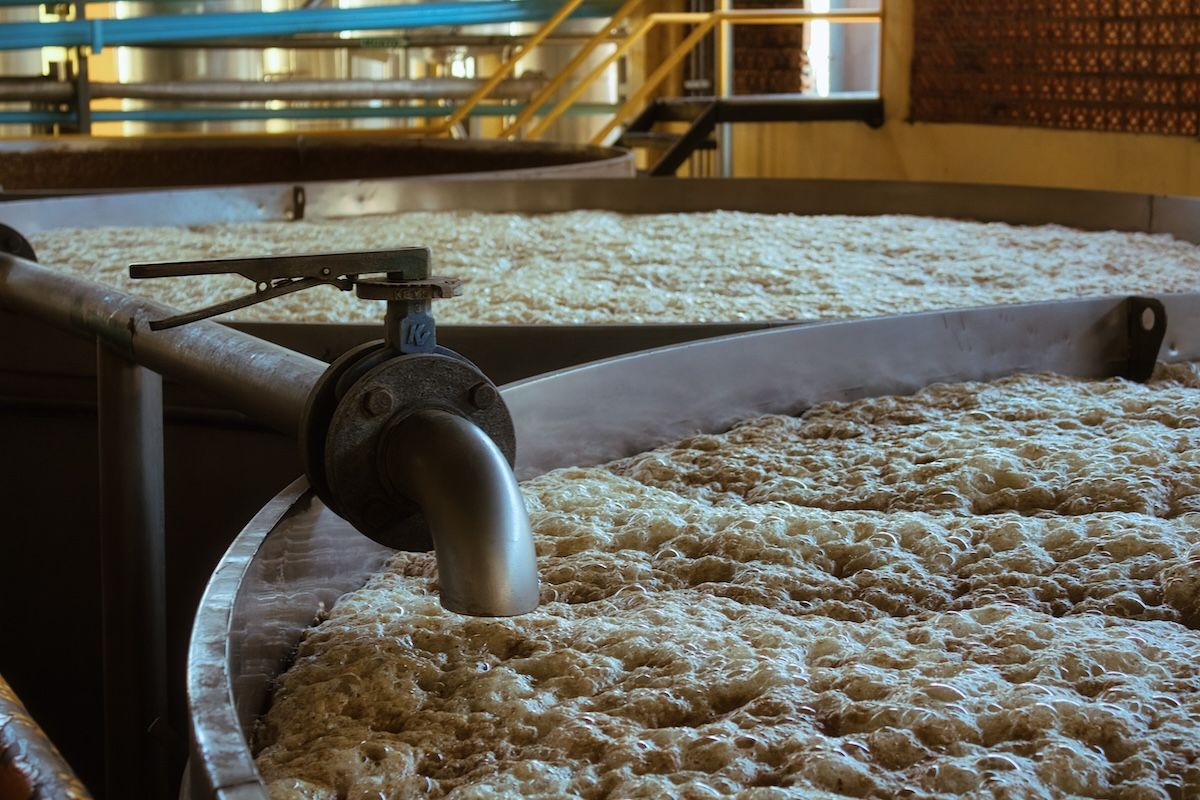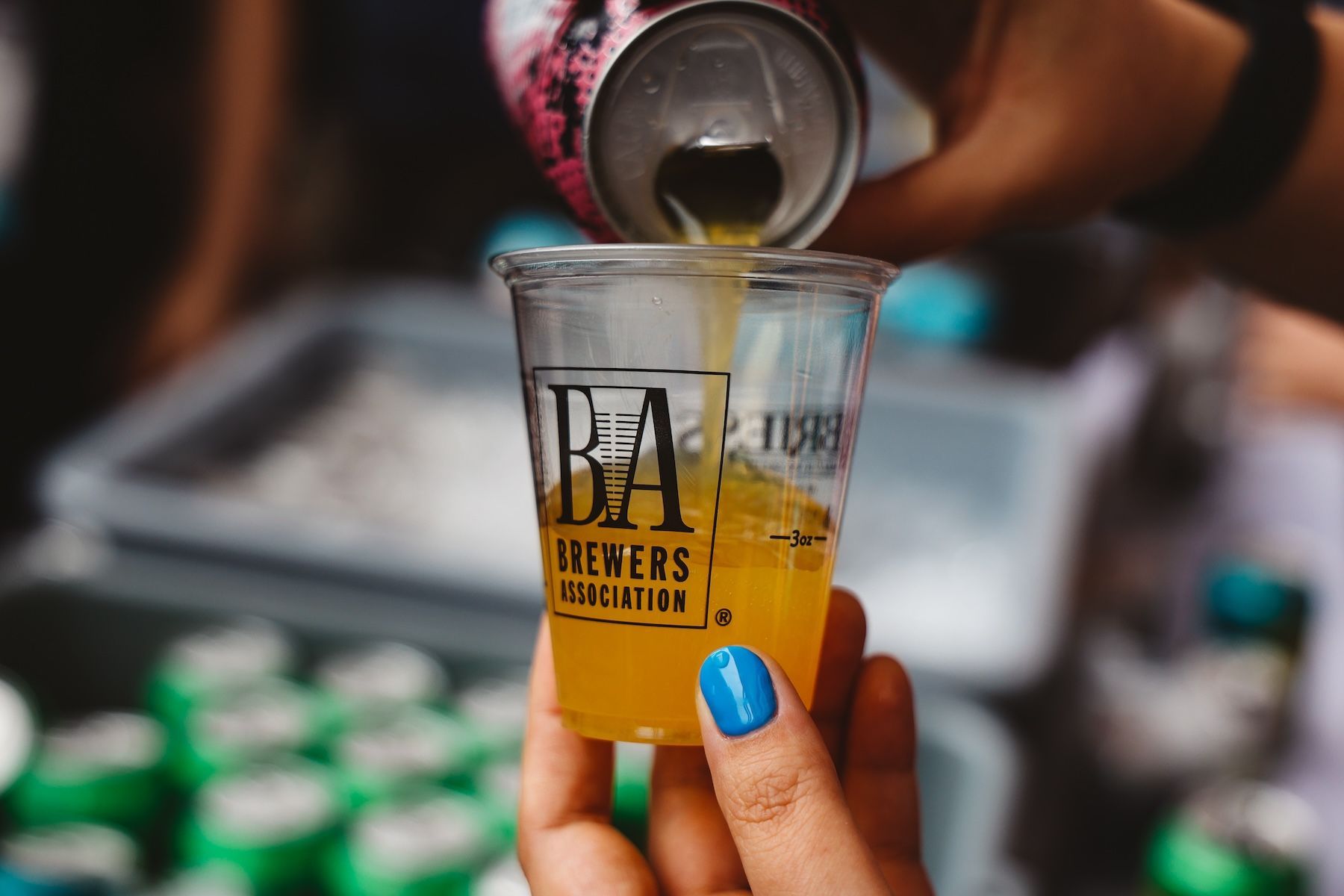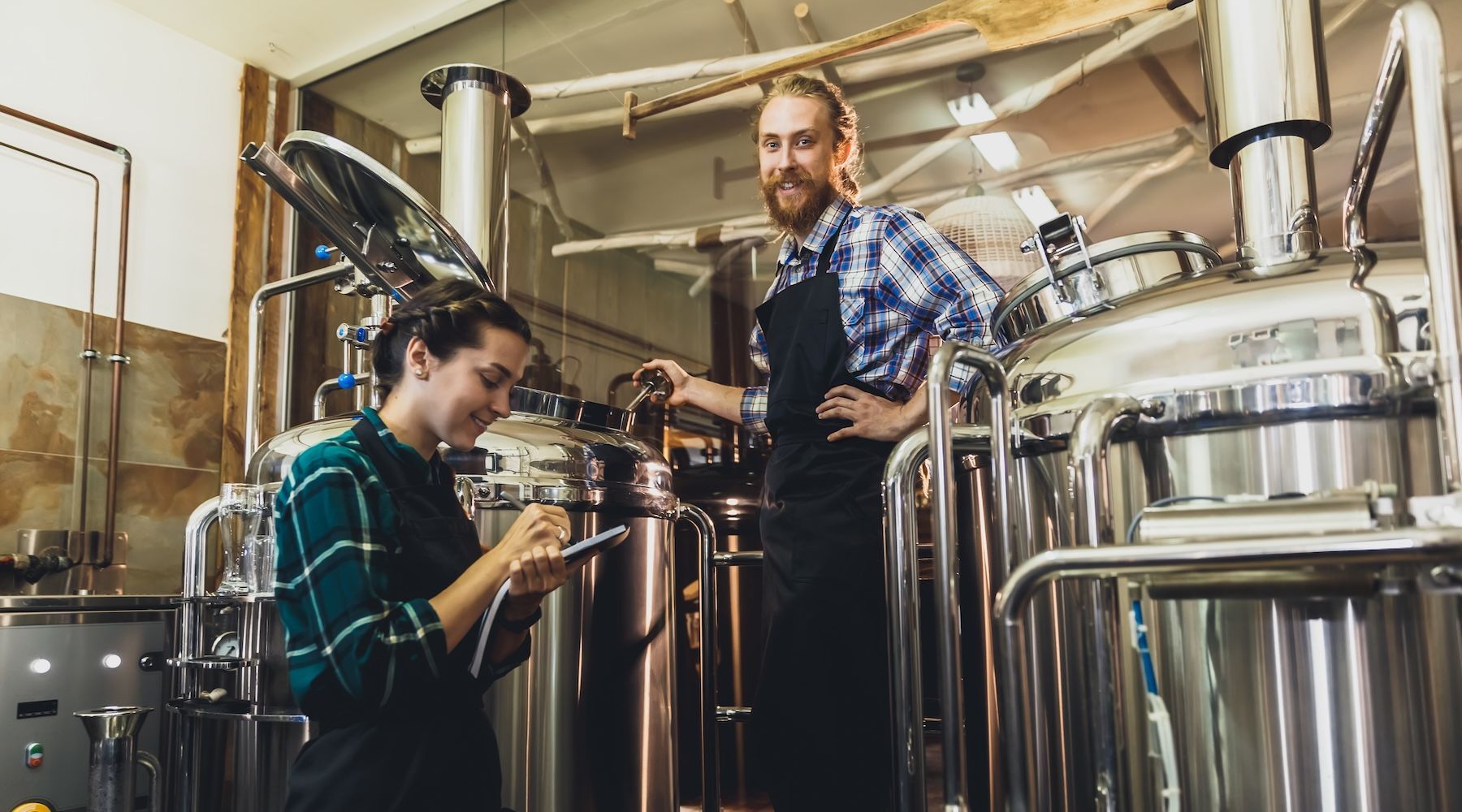So you’re considering implementing a distillery ERP solution. We like the way you think! It’s one of the best ways to achieve your goals and become more competitive. But it’s a big decision, and before you “sign on the dotted line” you should know there’s more to do than just selecting the software. Perhaps just as important is the ERP implementation process. This is not a simple task that can be done overnight. It requires careful planning, coordination, communication and execution. It also involves a lot of changes for your organization, from how you manage your inventory and production to how you handle your accounting and reporting.
Distillery ERP implementation is a complex process with many facets that can significantly impact your distillery’s success. According to Oracle NetSuite, data collected over the years on ERP implementations across industries found that 50% fail the first time around. That’s why it’s crucial to avoid the common pitfalls that can lead to ERP implementation failure and ensure that your project is on track, on time and on budget.
ERP implementation success depends mainly on how well you manage the people and processes involved, not just the software you purchased. That’s right. Distillery ERP implementation is not a one-time event but a continuous campaign that requires strong leadership, effective change management and constant improvement.
Some of the key factors that can make or break your distillery ERP implementation include:
- Top management support
- Change management strategies
- Business process re-engineering and data hygiene
- Project planning
- Picking the right implementation partner
How to get leadership and key stakeholders involved
One of the most important requirements for a successful ERP implementation is having strong leadership and stakeholder support. Without it, you’ll face resistance, confusion and delays that can derail your project.
Leadership support means having the buy-in and commitment from the top management of your distillery, such as the owner, CEO, CFO and COO. They’re the ones who will provide the vision, direction and resources for the project. They can also help align the ERP goals with the distillery’s strategic objectives and communicate them clearly to the rest of the organization.
Stakeholder support means involvement and cooperation from the key users and managers of the ERP system, such as the production manager, inventory manager, sales manager and accounting manager. These subject matter experts will provide the input, feedback and testing for the system. They can also assist in defining system requirements, as well as the processes and workflows implemented in the system.
To gain leadership and stakeholder support, you need to do the following:
- Identify the leaders and stakeholders of your distillery and their roles and responsibilities in the project.
- Involve them from the start of the project and keep them updated throughout the project.
- Educate them on the benefits and challenges of ERP implementation and how it will affect their work.
- Solicit their opinions and suggestions on improving the system and address any issues or concerns they may have.
- Empower them to make decisions and take ownership of their part of the project.
- Recognize their contributions and celebrate their achievements. Few people in this world don’t like to be recognized for their contributions to making things better.
By getting leadership and stakeholder support, you’ll ensure that your ERP project has a clear vision, a strong team and smooth execution.

How to create a change management plan for distillery employees
Another key factor for a successful ERP implementation is having effective change management. Change management is preparing, supporting and helping your distillery employees adapt to the new ERP system and the new way of working.
Change management is essential because ERP implementation is not just a technical change but also a cultural change. It affects how your employees perform their tasks, interact with each other, and measure their performance. It also requires them to learn new skills, follow new procedures and adopt new behaviors.
Change management is challenging because people are naturally resistant to change. They may feel anxious or frustrated about the new system. They may also lack confidence, motivation or trust in using it. These negative emotions can lower productivity, increase turnover or lower customer satisfaction.
To overcome these challenges, you need to create a change management plan for your distillery employees that includes:
- A clear communication strategy that informs them about the purpose, scope, timeline, benefits and expectations of the ERP project
- A comprehensive training program that teaches them how to use the new system effectively and efficiently
- A continuous support system that provides them with guidance, assistance and feedback during and after the implementation
- A reward system that recognizes and incentivizes them for their efforts, achievements and improvements
By creating a change management plan for your distillery employees, you’ll ensure they are ready, willing and able to embrace the new ERP system and make the most out of it.
How to get all the data in order
A third factor for a successful ERP implementation is having accurate, complete and consistent data. Data is the lifeblood of your ERP system. It is the information that flows through the system and enables you to manage your distillery operations, such as your inventory, production, sales and accounting.
Data quality is critical because it affects your ERP system's performance, reliability and usability. If your data is inaccurate or incomplete, it will cause errors, delays or even discrepancies in your system. It will also affect your decision making, reporting and compliance.
To ensure data quality, get all data in order before the implementation. This means:
- Cleaning up your existing data by removing any duplicates, errors or gaps
- Migrating your data from your legacy systems to the new ERP system by following the data mapping, conversion and validation procedures
- Standardizing your data by using common formats, definitions and rules across the system
- Securing your data by implementing proper access controls, backups and encryption methods
You need to analyze and redesign your current business processes to align them with the best practices and capabilities of the distillery ERP system. Document and standardize your new processes to ensure consistency and quality.
How to pick the right implementation partner
A fourth factor for a successful ERP implementation is having a reliable distillery ERP implementation partner. ERP software experts provide companies like yours with consulting, customization, integration, training, support and maintenance services.
Choosing the right implementation partner is crucial because they can make or break your ERP project by helping you achieve your goals and maximize your ROI. They can also affect your long-term success and satisfaction with your distillery ERP system.
To pick the right implementation partner, consider the following criteria:
- Experience: How long have they been in business? How many ERP projects have they completed? How many clients have they served? What industries do they specialize in? What are their success stories and testimonials?
- Expertise: What ERP software do they use? What certifications do they have? What skills and knowledge do they have? What solutions do they offer? How do they keep up with the latest trends and innovations?
- Compatibility: How well do they understand your distillery’s needs and goals? How well do they fit with your distillery’s culture and values? How well do they communicate and collaborate with you? How flexible and responsive are they to your requests and feedback?
- Value: How much do they charge for their services? What are their payment terms and conditions? What are their guarantees and warranties? What are their benefits and advantages over other providers?
By picking the right implementation partner, you’ll ensure a trusted ally and a valuable resource for your ERP project.

How to meet deadlines set by your implementation partner
Lastly, a successful ERP implementation is delivered on time. Meeting the deadlines set by your implementation partner for each phase and milestone of the project means avoiding any delays or disruptions that can affect the project schedule and budget.
Timely delivery is important because it affects your ERP project's quality, scope and cost. If you miss a deadline or encounter a setback, it will cause rework and waste.
To ensure timely delivery, you need to do the following:
- Plan and set realistic and achievable goals and expectations for each phase and milestone of the project
- Monitor and track the progress and status of each task and deliverable of the project
- Communicate and collaborate with your implementation partner regularly and transparently
- Anticipate and mitigate any risks or issues that may arise during the project
- Adjust and adapt to any changes or challenges that may occur during the project
Ensuring timely delivery will ensure your ERP project is completed on time, on scope and on budget.
Your partner for distillery transformation and success
ERP implementation is a major undertaking that can transform your distillery and take it to the next level. But it also comes with many challenges and risks that can lead to failure if not planned for and handled properly. Crafted ERP has the distillery ERP implementation expertise and experience to serve distilleries of all sizes. From implementation to integration and optimization, we can help your distillery meet its goals and make your distillery ERP project a success story, not a horror story.
Contact us for more information about partnering to get the most out of your distillery management software. We’ll help you shake up that craft cocktail and celebrate taking your distillery to the next level.










GET IN TOUCH
1512 Larimer Street, Suite #150
Denver, CO 80202
United States
(720) 699-0200
66 Goulburn Street
Sydney, NSW, 2000
Australia
+61 2 9044 1330

